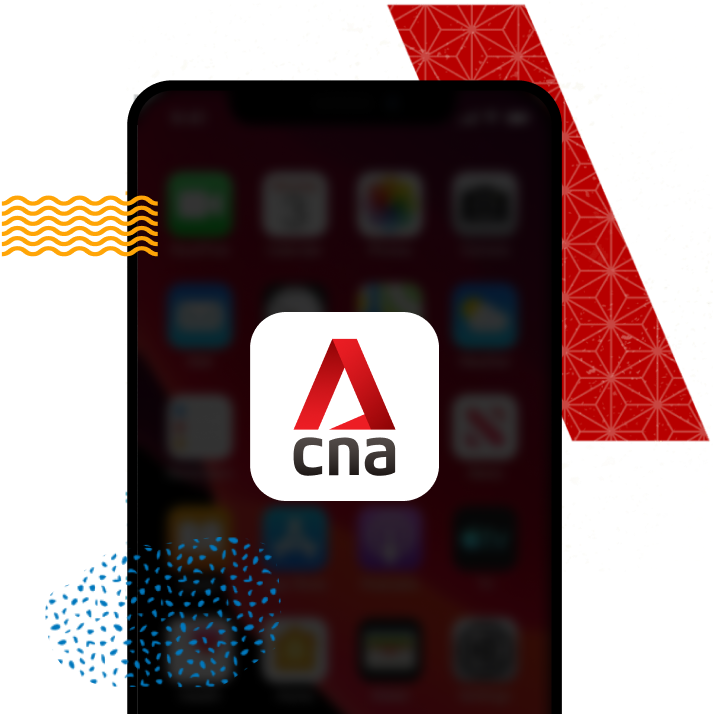Read a summary of this article on FAST.
FAST
SINGAPORE: The government intends to list etomidate - the anaesthetic agent that has been found in vapes - in the Misuse of Drugs Act from Sep 1, said Minister for Health Ong Ye Kung on Sunday (Aug 24).
Etomidate will be listed as a Class C drug, which means it will become illegal to traffic, manufacture, import, export, possess or consume etomidate without authorisation.
Under the Act, drugs are classified into Class A, B and C, with Class A being the most strictly controlled. Examples include heroin, cocaine and cannabis.
Speaking to journalists on the sidelines of an Agency for Integrated Care event on Sunday, Mr Ong said details would be provided at a press conference scheduled for Aug 28.
Prime Minister Lawrence Wong announced last week in his National Day Rally speech that Singapore plans to roll out stricter measures against vaping.
Recently, authorities randomly tested more than 100 vapes that were seized, and one-third were found to contain etomidate. Pods that contain vape juice mixed with etomidate are also known as Kpods.


Vaping is illegal in Singapore, including purchases made online and from overseas. It is also illegal to import, distribute and sell vapes and their components.
Singapore has recently stepped up enforcement against vaping amid a growing problem here.
Mr Wong said in his National Day Rally on Aug 17 that authorities will treat vaping as a “drug issue”, with “much stiffer” penalties that include jail sentences and more severe punishments for those who sell vapes with harmful substances.
Etomidate is currently a controlled substance under the Poisons Act, which means users of drug-laced pods may be fined, but that will change when etomidate is listed under the Misuse of Drugs Act.
"Under the MDA, they will be treated no differently from those who consume hard drugs and narcotics, such as cannabis or cocaine," said Mr Ong in July.
This means they will be subject to supervision, have to undergo mandatory rehabilitation and may also be committed to a drug rehabilitation centre.

Source: CNA/ac
Stay updated with notifications for breaking news and our best stories
Download here

Get WhatsApp alerts
Join our channel for the top reads for the day on your preferred chat app
Join here

Continue reading...
FAST
SINGAPORE: The government intends to list etomidate - the anaesthetic agent that has been found in vapes - in the Misuse of Drugs Act from Sep 1, said Minister for Health Ong Ye Kung on Sunday (Aug 24).
Etomidate will be listed as a Class C drug, which means it will become illegal to traffic, manufacture, import, export, possess or consume etomidate without authorisation.
Under the Act, drugs are classified into Class A, B and C, with Class A being the most strictly controlled. Examples include heroin, cocaine and cannabis.
Speaking to journalists on the sidelines of an Agency for Integrated Care event on Sunday, Mr Ong said details would be provided at a press conference scheduled for Aug 28.
Prime Minister Lawrence Wong announced last week in his National Day Rally speech that Singapore plans to roll out stricter measures against vaping.
Recently, authorities randomly tested more than 100 vapes that were seized, and one-third were found to contain etomidate. Pods that contain vape juice mixed with etomidate are also known as Kpods.
Related:


Vaping is illegal in Singapore, including purchases made online and from overseas. It is also illegal to import, distribute and sell vapes and their components.
Singapore has recently stepped up enforcement against vaping amid a growing problem here.
Mr Wong said in his National Day Rally on Aug 17 that authorities will treat vaping as a “drug issue”, with “much stiffer” penalties that include jail sentences and more severe punishments for those who sell vapes with harmful substances.
Etomidate is currently a controlled substance under the Poisons Act, which means users of drug-laced pods may be fined, but that will change when etomidate is listed under the Misuse of Drugs Act.
"Under the MDA, they will be treated no differently from those who consume hard drugs and narcotics, such as cannabis or cocaine," said Mr Ong in July.
This means they will be subject to supervision, have to undergo mandatory rehabilitation and may also be committed to a drug rehabilitation centre.

Source: CNA/ac
Get the CNA app
Stay updated with notifications for breaking news and our best stories
Download here

Get WhatsApp alerts
Join our channel for the top reads for the day on your preferred chat app
Join here

Continue reading...

